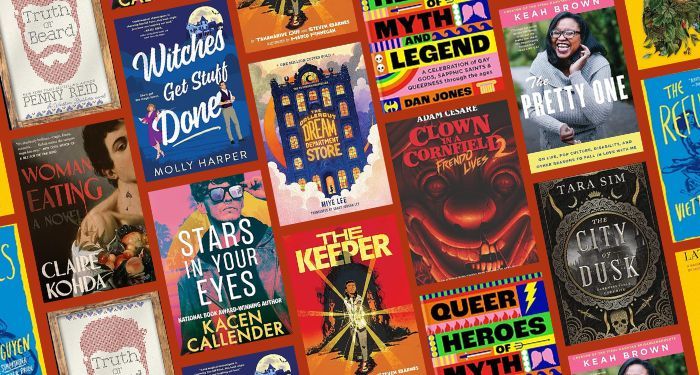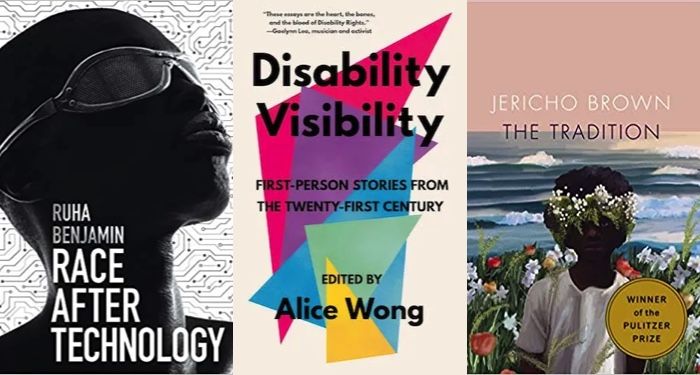ALL THE BROKEN ANGELS


Cate is your typical Jersey City high school senior and peace lover, and what a time to be one: The year is 1969, and war is raging in Vietnam. As TV news brings the carnage of battle into American homes for the first time, national support for the war is plummeting. Nevertheless, Cate’s cousin, Albie, is as gung-ho about becoming a soldier as he’s ever been. Albie is the kind of kid who grew up playing make-believe war, gorging himself on the battlefield heroics of his parents’ generation, the soldiers who returned from World War II victorious, if damaged. Despite overwhelming protestations from his entire family, Albie enlists in the military right after high school graduation, all but guaranteeing a ticket to the front lines overseas. Cate, shattered and made furious by his decision, must attempt to move forward with her life. She knows she wants to flee her small town for the big city, and though she dreams of life in New York City’s Greenwich Village, she can’t quite afford it, stuck as she is in a menial typing job. Though Cate’s mother’s dream is for her daughter to become one of the glamorous, eligible bachelorettes in the secretarial pool, Cate is miserable in that environment from the start: “The doors parted to the clatter of typewriters and sour smell of smoke—and yelling. A tall woman, dressed in black…berated a typist cowering in her seat.” Cate’s distaste for regimentation is evident from an early age, as readers see in chapters that flash back to the late 1950s and early 1960s, when Cate was a rebellious asker of questions (qualities not appreciated in her strict Catholic school), and Albie always tried to protect her out of love, drawing attention away from her back to himself.
The manner in which readers’ perception of the characters’ relationship grows in concert with Cate and Albie’s coming of age works well, providing important context that allows the forthcoming tragedies to hit home. While navigating the city, Cate makes a friend whose writing explores the suffering of Vietnam veterans, opening Cate’s eyes to another side of the war and helping her to see what those very same soldiers she resents might be going through. Novels about the Vietnam War have become commonplace, but Black-Gould and Hardiman’s work manages to carve out territory that feels contemporary by not shying away from issues that resonate today—including the treatment of LGBTQ+ people and the divisiveness a war can foment within a country—which are as relevant right now as they ever were. Though this novel may not be groundbreaking relative to other accounts of the conflict, it does succeed in presenting characters who are memorable enough to keep readers engaged throughout the story and beyond the final page. Cate, in particular, travels an arc that satisfies both in its literary aims and its emotional resonance.
Read the original article here






